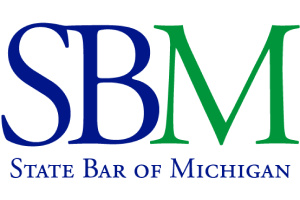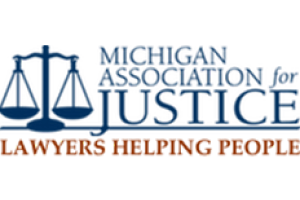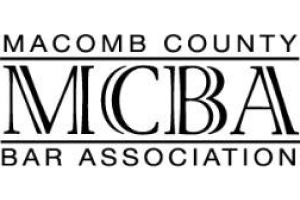The SECURE Act (Setting Every Community Up for Retirement Act) passed into law effective January 1, 2020. Although it is uncertain how the act was named, it is certain that this act will significantly impact estate, tax and income planning for baby boomers and their children. This act will force Americans with IRAs and other…
Continue reading ›Articles Posted in Estate Recovery
Are you residing in Macomb, Oakland, Wayne, Ottawa or Kent County? Do you have a loved one or family member residing at a nursing home? Does he or she currently receive benefits from the State of Michigan in the form of long-term care Medicaid for nursing home care? If the answer is “yes”, you may…
Continue reading ›Confused about Estate Recovery in Michigan? Apparently, so is the State of Michigan. After several years of thumbing its nose at CMA, the State of Michigan finally adopted an estate recovery program. The legislature enacted law requiring estate recovery for long term care Medicaid recipients. The end result is that estate recovery will effect any…
Continue reading ›In November of last year, the State of Michigan adopted a new estate recovery law. For those of you unfamiliar with the concept, “estate recovery” is a term that describes the State’s ability to recover funds from people that have been approved to receive Medicaid benefits for nursing home care. For many Medicaid applicants this…
Continue reading ›










